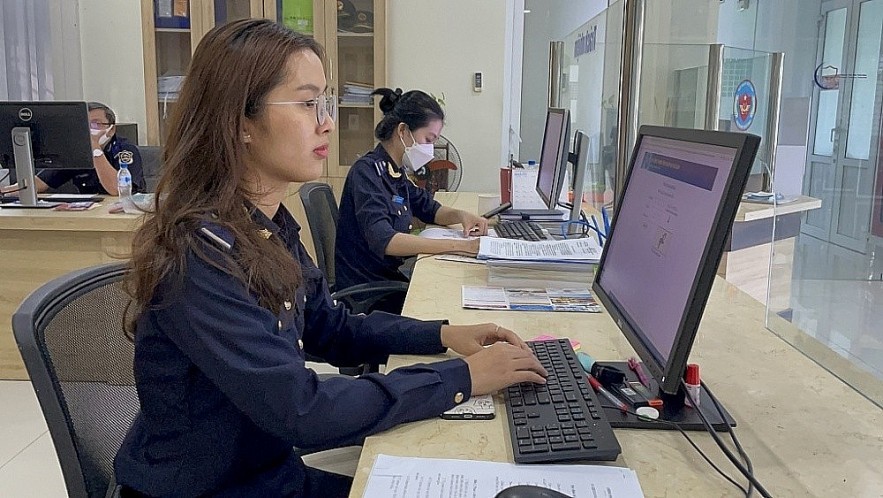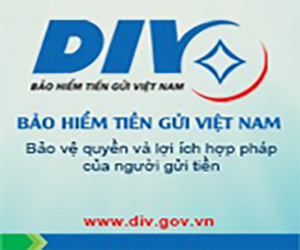 |
| Make it easier for businesses to declare and submit documents |
New advantages for businesses
The MoF has just issued Circular 33 with a slew of reformatory regulations. First, this Circular specifies the declaration of origin for exported goods in greater detail, such as how to declare the case of determining the origin of Vietnam and how to declare the case of being unable to determine.
The following reformatory point is to stipulate the late submission of the certificate of the origin of goods.Circular 33 does not specify the late declarationsubmission but rather is based on the validity period of the certificate of business origin submitted at the time.If the certificate is still valid at the time, a special preferential tax rate will be applied. Businesses are allowed to be late to submit within 30 days, particularly for imported goods subject to tariff quotas or trade remedies.
Circular 33 also allows for the guarantee of tax payment when there is no C/O present at the time of customs clearance. Besides, there are additional regulations on the refusal of the C/O of goods. Specifically, once carrying out import procedures, if the customs office detects that the C/O has passed the legal validity period and, according to the notice of the exporting country agency on the C/O, does not ensure to meet the criteria of origin or is ineffective to apply the special preferential tax rate, it will be refused immediately.
The additional new point of Circular 33 lies in the amendment and supplementation of regulations for handling cases where HS codes differ, except for the retrogression of certificates of origin.
Furthermore, Circular 33 adds regulations allowing the submission of documents certifying the origin of goods in the form of electronic data sheets or electronic documents converted from paper documents (scanned).If the certificate of the origin of goods is issued through the National Single Window Portal, businesses only need to declare the reference number or identification number of the C/O on the customs declaration to receive preferential treatment. This is a point that businesses are particularly interested in.
Pay attention to post-check and avoid fraud
According to Mr. Dao Duy Tam, Deputy Director of the Department of Customs Supervision and Management (General Department of Customs), there are some outstanding issues that businesses must address to makefull use of the advantages while remaining compliant with regulations, because fundamental changes in the Circular may lead to different interpretations, which businesses want the customs authorities to clarify.
Mr. Tam took an example that whether or not the business is required to submit a paper or keep documents when submitting a scan. Customs authorities have just clarified that the business that has submitted scanned documents does not need to submit paper documents. However, in the future, the business will be responsible for keeping paper copies to serve the examination and inspection of customs offices in future.
The other instance concerns the late declaration of the C/O for petroleum products. Petroleum, in particular, is a commodity subject to state management and price administration. According to current regulations, tohave a basis for calculating the base price, and determining the base price for petroleum products, the customs declaration information must be used. As a result, even if businesses haven’t submitted the C/O yet, they must still declare their late submission so that authorities can determine the base price when it is announced to consumers.
Moreover, the issue that businesses need to pay attention to is the declaration of changing the purpose of use for the certificate of origin. In case of the code changes, businesses are still eligible for the preferential tax rate if the C/O is still valid.
The representative of the General Department of Customs stated that during the process of developing the draft Circular, the drafting committee consulted with local customs units and expressed severalconcerns. The drafting committee explained during the drafting process, or after the issuance of the Circular, particularly in the seminars and training, that in addition to facilitating, the customs authorities must also strengthen management measures. If customs has facilitated customs clearance, post-clearance management measures are required. As a result of these Circulars in the implementation process, the General Department of Customs also noted that local customs must strengthen post-clearance inspection to detect origin fraud as soon as possible.





















































